ESL lesson plan Summer Activities (Worksheet for Intermediate level)

In this lesson, students talk about summer, learn new phrases and collocations, practice reading for gist and speaking for fluency.
Age: 14+
Level: Intermediate
Time: 50 mins
Lesson type: Reading, Speaking and Listening
Number of students: 1-8
Materials: a worksheet, teacher’s notes
Lesson plan:
- Activity 1. Warm-up
- Activity 2. Vocabulary work
- Activity 3. Picture discussion
- Activity 4. Discussion
- Activity 5. Reading
- Activity 6. Video discussion
- Activity 7. Sum up
Activity 1. Warm-up
Answer the questions using the pictures below:

- What is your favorite thing about the summer?
- Do you stay outdoors more in the summer?
- What is your favourite ice cream flavor?
- What is your favourite summer clothing?
- Beach or Swimming pool?
- Mountains or forest?
- What is your favorite summertime song?
- Do you party a lot during the summer?
- What is your best summertime memory?
- What annoys you most about the summer?
- Do you spend more money during the summer?
- Who do you usually spend most of your summer with?
- Where would you go for your dream summer vacation?
- Look at the pictures. What place would you visit at this moment?

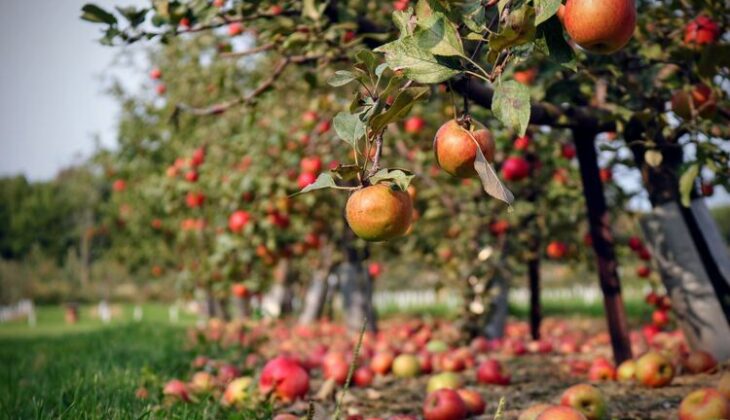
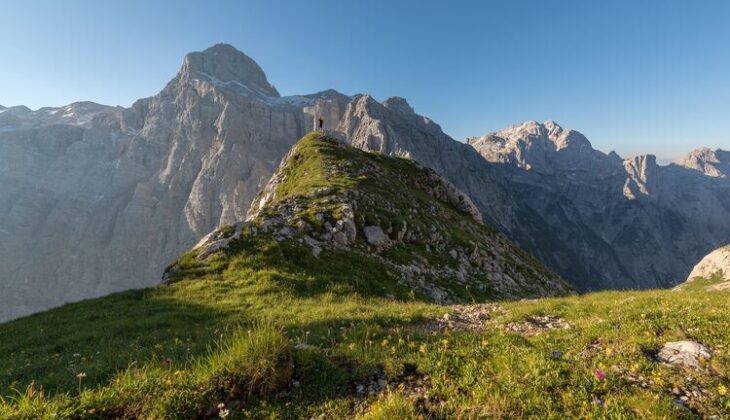

Warm-up 7 mins
Aims: to break the ice and foster a safe environment for learning.
Procedure: Ask SS to discuss the questions in pairs. Draw SS’ attention to four pictures and
ask SS in pairs to speculate about them. You can provide weaker SS with useful phrases:
I can see…..in the first picture.
I think…
I like/ love/ adore…
Conduct a group feedback.
Activity 2. Vocabulary work
Vocabulary. Look at the underlined words and choose the correct synonym to the highlighted word:
• I love to work out early in the park. It’s nice and warm in summer. But I don’t exercise
in the evening. I can’t stand it
a) hate
b) like
c) love
• I do yoga in the park in summer. I adore summer.
a) like
b) love very much
c) hate
• How do you get to the river in summer?- I always cycle. I’m not too keen on going by
public transport.
a) don’t mind
b) don‘t like
c) don’t object
• After jogging on the beach I eat a light breakfast at the nearest cafe. I`m fed up with
those salads.
a) don’t like
b) don’t mind
c) annoyed
• It is a good cafe to hang out with friends. I enjoy sitting outdoors. Besides they have
tasty food here!
a) don`t mind
b) dislike
c) love
• I don’t like jogging in summer. But I`m in fond of aerobics, roller skating and skate-boarding
a) hate
b) like
c) prefer
• I always go to the seaside in summer. I can’t bear either going to the mountains or to
the forest.
a) prefer
b) like
c) hate
Vocabulary work 5 mins
Aims: to present new words and collocations on the topic.
Procedure: Ask SS to choose the correct definitions.They should guess from the context. Let
them work in pairs before checking as a whole group.
Key:
1) a
2) b
3) b
4) c
5) c
6) b
7) c
Activity 3. Picture discussion
Tell about your summer activities using the given phrases. Use the pictures as a prompt.
For example, I love swimming and sunbathing.
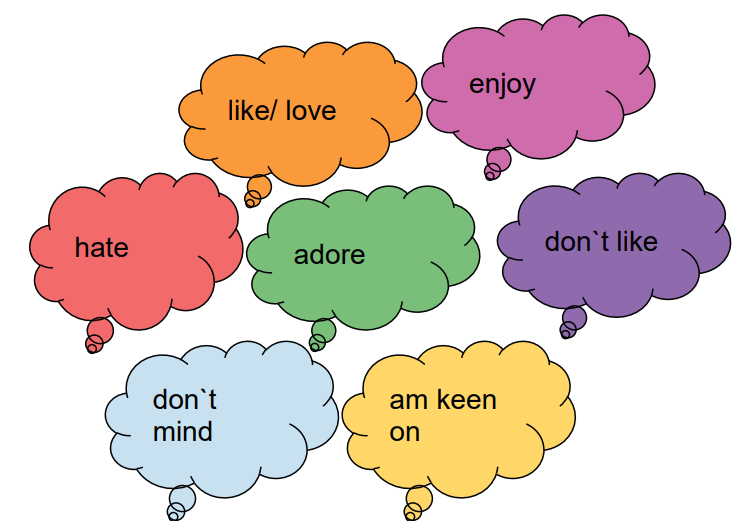


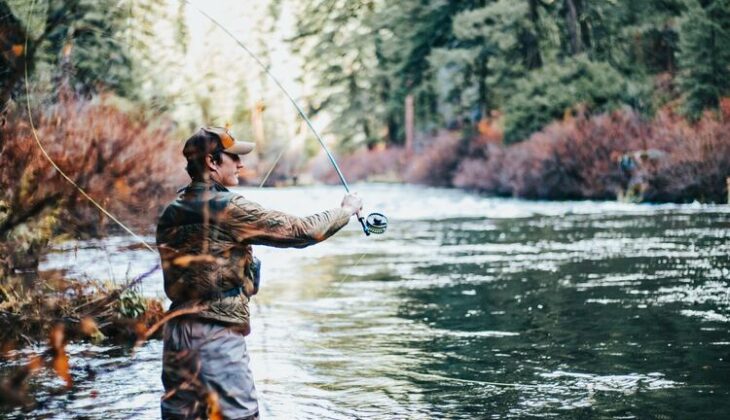
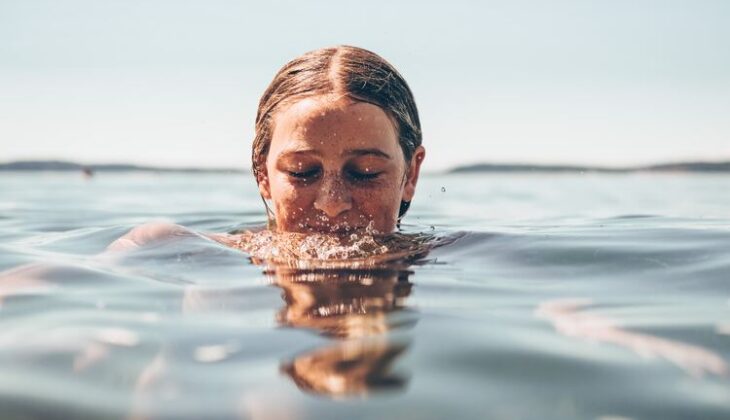


Picture discussion 10 mins
Aims: to raise SS’ interest in the topic, provide free speaking practice and apply new vocabulary
in the discussion.
Procedure: Ask SS to discuss the pictures in pairs. Change partners and let them report the
most interesting information which they’ve found out about their previous partners.
Activity 4. Discussion
Discuss the questions in pairs using the vocabulary from the previous exercise:
- What is your idea of a summer diet? Do you
eat a lot of vegetables and fruit? What is your
favourite summer vegetable and fruit? - Do you consider a good idea collecting
mushrooms and berries in the forest? - Do you love camping and hiking? What food
do you take with you? Do you cook?
Discussion 10 mins
Aims: to practice new vocabulary and provide free speaking practice.
Procedure: Ask SS to discuss the questions in pairs. Change partners and let them report the
most interesting information which they’ve found out about their previous partners.
Read more:
Activity 5. Reading
Read the text and answer the questions:
Many families are looking for fun and educational summer activities with their children. However, there are lots of educational learning opportunities that families overlook. One of these is
agritourism. So what is agritourism? Agritourism is any agriculturally-based operation or activity that brings visitors to a farm or ranch.
Agritourism is essentially bringing your family to a day on the farm or maybe even a weekend
trip. Many small and large farms are catering to the new-found interest in agritourism. In fact,
there may be a farm much closer than you expected.
What can you expect to do during a farm tour or stay?
Honestly this depends on the farm and what you want to experience. There are farms that give
basic tours of their facilities and let you pet/feed the animals. You can also watch the
day-to-day activities of the farm hands. Other farms will actually let you get down and dirty too.
You can harvest chicken eggs, sheer sheep, feed cattle, and learn to ride a horse.
You are not limited to poultry and cattle farms. A number of produce farms give families the
opportunity to pick their own berries or produce. Many times the pick-your-own farms offer
fantastic deals on their produce or have free produce if you pick for them. We have a local
berry farm that does a pick 2 get 1 free special. If you pick 2 pounds of berries for the farm, you
are free to take a pound of berries home for yourself free. You can work and be rewarded with
some fantastic locally grown produce.
Here are a few other types of farms that typically allow agritourists.
Bee farms
Dairy farms
Vineyards
Greenhouses and so on.
Questions
- What type of farms are there in the text?
What activities can people do there? - Read the highlighted phrases from the text.
What activities would you enjoy doing? - Do you like the idea of agrotourism? What
farm would you like to go to? With your family
or friends? - Would you enjoy working on a farm? What
would you like to do?
Reading for gist and discussion 8 mins
Aims: to organize reading for gist and provide speaking practice.
Procedure: Ask SS to read the text by themselves and explain what the highlighted phrases
mean. Then SS use these phrases in the discussion. Discuss the questions in pairs. Let the SS
report the most interesting information.
Activity 6. Video discussion
Watch this video and answer the questions:
1. Do you love such music festivals? Do you think it is a good idea to go there with your family?
2. What do people do there? Where do they stay?
3. What age should a person be to visit such festivals?
4. Do you think that picture matches the video? What kind of music festival do you see in the
picture?
Video discussion 8 mins
Aims: to provide SS with listening practice and encourage speaking for fluency.
Procedure: Set the task and play the video.Let SS discuss what they’ve seen.Check listening
comprehension. Have a group feedback.
Activity 7. Sum up
Summarise the lesson and tell SS what results they have achieved (Now you can … After our
speaking lesson you will be able to….) Ask them if they have any questions. Explain what SS
need to do at home.










 Маргарита Аветисян
Маргарита Аветисян 
 Анна Тетерина
Анна Тетерина 
 Daria Sharshova
Daria Sharshova 
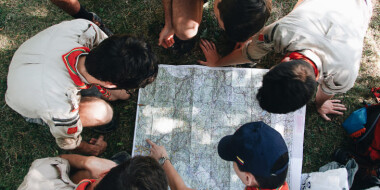

 Мария Короткова
Мария Короткова